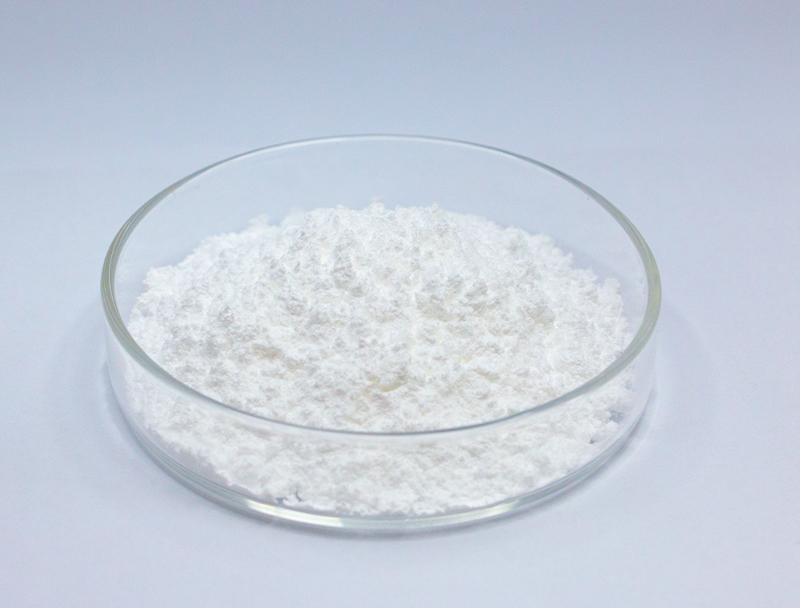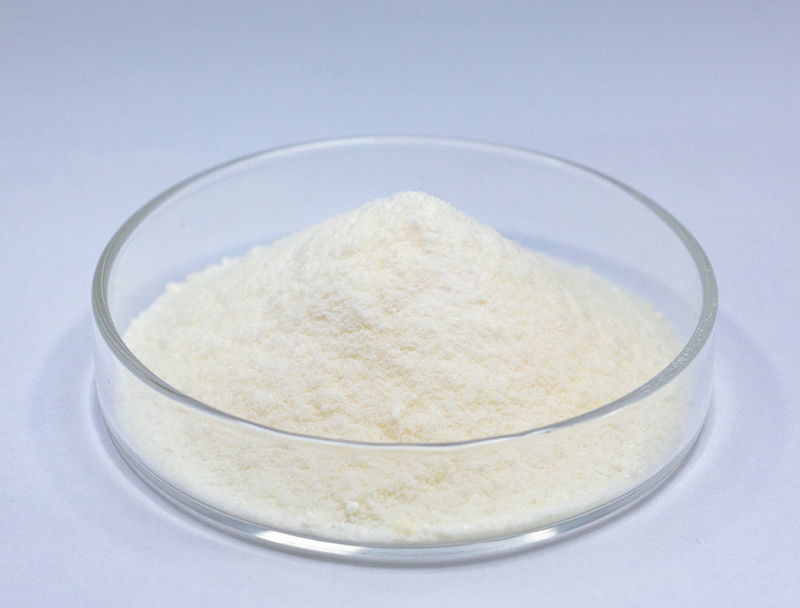
Bioprocessing depends strongly on a wide assortment of starting materials to manufacture advanced biological products.
Preserving environmentally mindful sourcing dictates persistent stability and principled industry advancement.
numerous problems stemming from established sourcing methods including biodiversity loss and excessive resource use. Accordingly, manufacturers should embrace green sourcing tactics to shrink their ecological impacts.
- Cases of responsible feedstock strategies feature:
- Using repurposed agricultural residues as substrates
- Adopting looped production models to decrease loss and amplify reuse
- Forging alliances with neighborhood suppliers supporting green sourcing
This shift towards sustainable raw material sourcing is not only environmentally beneficial but also economically viable in the long run.
Tuning Feedstock Characteristics for Higher Biofuel Efficiency
Raising biofuel yields involves refining feedstock structure and content. Research teams persist in studying techniques to boost feedstock performance, facilitating elevated yields and a renewable energy transition. This involves genetic modifications to increase biomass production, as well as pretreatment techniques that break down complex plant materials into more readily fermentable sugars.
- Moreover, investigations target novel feedstocks like microalgae, municipal residues, and field residues to widen the pool of renewable biomass for biofuel use.
- As a result of relentless efforts the industry should deliver significant enhancements paving a path to sustainable energy.

Advances in Biopharmaceutical Manufacturing: Focus on Upstream Operations
includes primary operations from inoculation through cell collection Current advancements have streamlined operations and improved bioproduct yields.
Key advancements include the utilization of novel cell lines, optimized culture media formulations, and intelligent bioreactor designs. These innovations not only enhance productivity but also minimize production costs and environmental impact.
- Moreover, continuous manufacturing adoption is enabling dynamic control and greater adaptability in upstream workflows.
- This move toward intelligent production systems is expected to reshape the industry and hasten drug development.

Next-Gen Gene Editing for Enhanced Protein Expression
breakthroughs in precise gene modification systems have reshaped biopharma production. Through controlled genetic modifications, practitioners increase therapeutic protein production. Such strategies offer promise to create cost-effective, high-efficiency therapeutics across many disease areas.
Applying Microbial Tools to Improve Environmental Remediation
promising microbial strategies enabling effective environmental cleanup and restoration. Microbial species can metabolize and convert hazardous compounds into benign byproducts.. Utilizing microbial metabolism supports eco-friendly site cleanup methods that limit secondary harm from remediation.. Research teams analyze microbial diversity to find candidates that metabolize heavy metals, break down pesticides, and treat oil-contaminated matrices.. Such organisms are usable in treatment systems or applied directly to soils and waters to drive biodegradation of contaminants..
The use of microbial biotechnology in bioremediation offers several advantages over conventional methods. The approach tends to lower treatment costs and avoids producing toxic residuals. Likewise, microbial systems can selectively degrade contaminants while sparing the wider environment. Research efforts persist to upgrade the potency and implementation of microbial remediation strategies.
Bioinformatics Tools Transforming Drug R&D
Advanced informatics contributes significantly to today’s drug research environment. By leveraging complex datasets, bioinformatics expedites discovery and optimizes candidate safety and potency.
- Using extensive genomic, proteomic, and patient data, analysts discover targets and anticipate therapeutic performance.
- Additionally, simulation tools enable prediction of binding and activity, guiding creation of more potent drugs.
- In the end, informatics-driven methods streamline development and accelerate delivery of therapeutic solutions to patients.
Metabolic Engineering Strategies for Enhanced Bioproduct Synthesis
applies assorted techniques to boost microbial synthesis of valuable compounds. These strategies can involve genetic modifications to optimize metabolic pathways, regulation of gene expression, and the introduction of novel genes to confer new capabilities.. Through careful adjustment of metabolic routes engineers can markedly elevate product titers.
Such an integrated approach may disrupt diverse fields including therapeutics, crop science, and sustainable fuels.

Challenges and Opportunities in Scaling Up Biopharmaceutical Production
Large-scale manufacturing brings notable difficulties together with growth opportunities. A primary obstacle is ensuring uniform quality control as volumes rise. Resolving it depends on rigorous control strategies, precise instrumentation, and comprehensive analytics.

Complexity in multi-step biomanufacturing operations presents ongoing operational challenges.. Reengineering workflows for mass production involves rigorous R&D and inventive technology deployment.. Nevertheless, the upside can be significant. Skilled scaling can enlarge supply, lower prices, and increase profit potential.
A series of measures are underway to confront these obstacles. Examples include novel optimization technologies, predictive analytics for real-time control, and inventive production models.
- Developmental projects contribute critically to scaling manufacturing competency.
- Regulatory agencies are working to streamline approval processes for new manufacturing technologies, facilitating innovation in the field.
Charting Regulatory Pathways for Biologics to Safeguard Patients
Creating biologic medicines requires strict regulatory controls to maintain both patient safety and therapeutic value. Biologically derived medicines entail particular manufacturing and regulatory complexities compared with chemical drugs.
Agencies like FDA and EMA develop frameworks and criteria for validating and approving cutting-edge biotherapies..
Robust assay and safety testing are obligatory from discovery through post-marketing surveillance.. These steps are designed to surface risks and verify that biopharmaceuticals comply with elevated safety thresholds..
Additionally, regulators regularly update methods to match the pace of fast-moving biopharma innovations.. Programs embrace modern technologies and foster development speed while maintaining patient-centered safeguards.

Assessing Plant Biomass Pathways for Bioplastic Innovation
The growing need for sustainable materials has led to a surge in research and development of renewable options. Plant-based bioplastics made from biomass feedstocks present a hopeful path to reduced plastic impact. Biomass sources such as cornstarch, cellulose, and sugarcane are usable to produce plastics that biodegrade and reduce ecological impact.
Likewise, some plant-derived plastics perform similarly to petroleum-based materials for a variety of uses.. Continuous development will unlock plant biomass value for sustainable bioplastic production and support circular systems.
Biotechnology Driving Advances in Health and Agricultural Stability
Biotechnology offers potent solutions for advancing public health and enhancing food security. Via genetic modification, synthetic design, and therapeutic cell technologies, researchers build solutions to control infections, increase crop productivity, and enrich food quality.. Consider genetically enhanced crops that resist pests and environmental stresses to improve production and reduce pesticide reliance.. Also, biotechnological innovation fuels development of immunizations, antimicrobial treatments, and diagnostic platforms vital for disease control and population health.. With ongoing research, biotech 5-ALA is positioned to enable broad improvements in health and food security that serve global populations.
